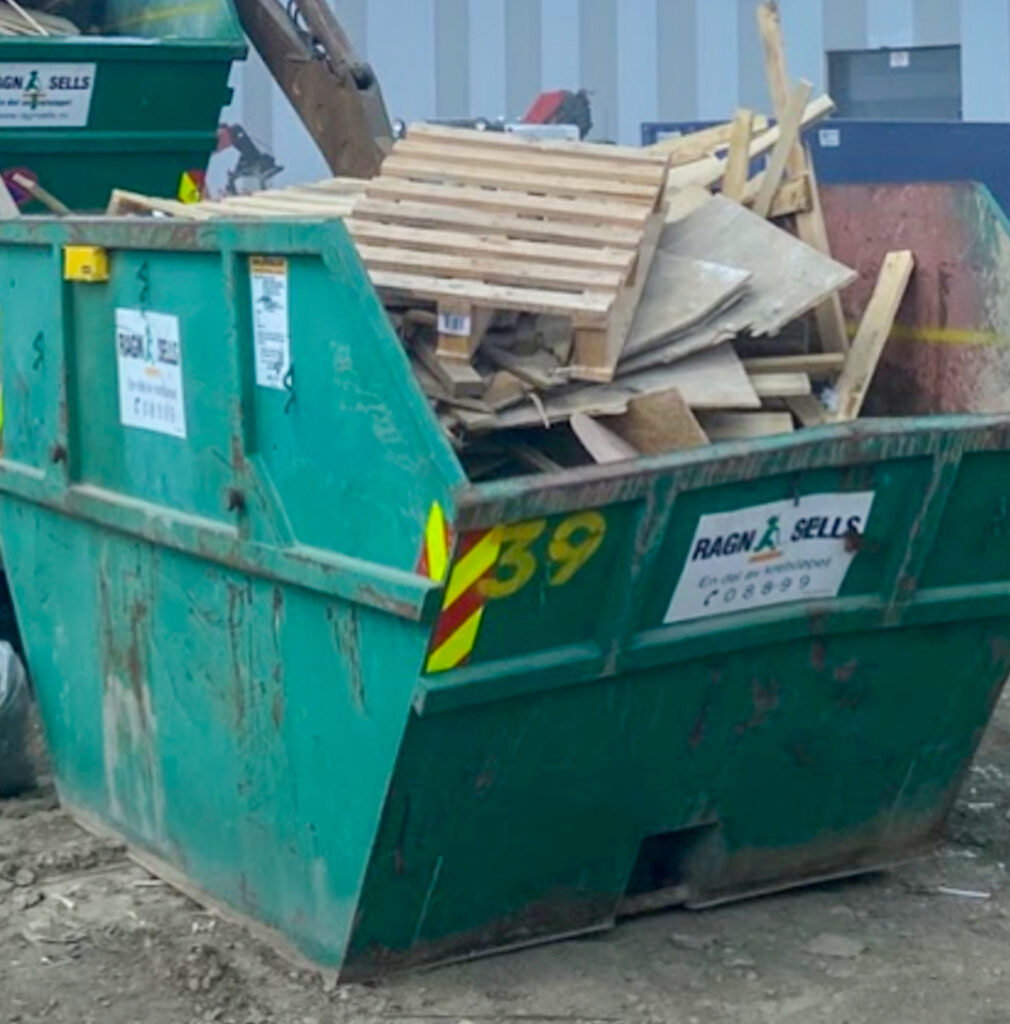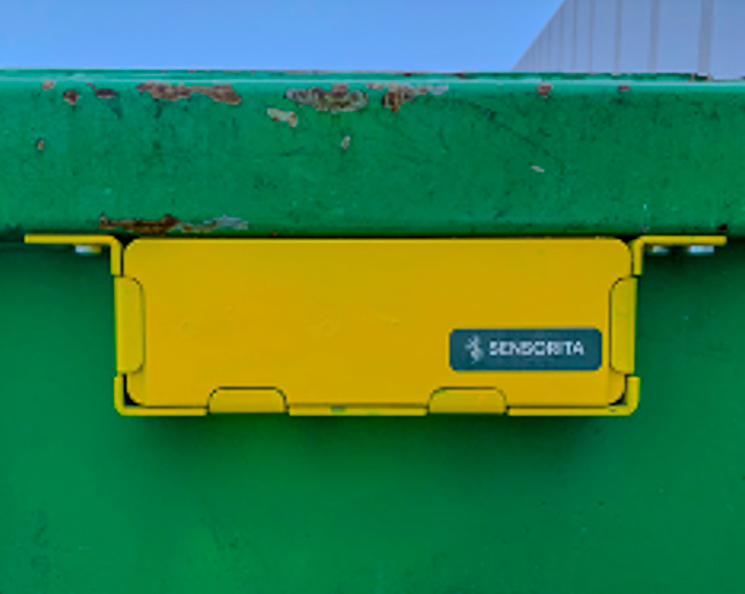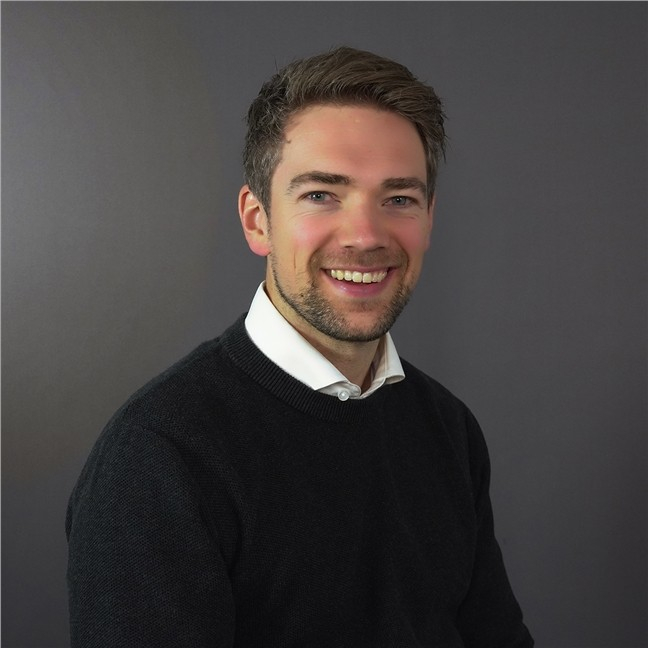Smarter waste management with machine learning and radar sensors (ReWaCC)
- Department Statistical modelling and machine learning
- Fields involved Machine learning
- Industries involved Technology and industry
Can we predict the contents of industrial waste containers using radar sensors? We are developing machine learning models that utilise near real-time data from sensors to optimise the collection and processing of waste. The goal is to achieve more efficient and sustainable waste management.
How to ensure more efficient waste management
Waste containers on construction sites and similar locations play a vital role in how waste is managed. How waste is treated largely depends on the type, quality, and properties of the material. Some waste is burned, some undergoes further processing, and some can be reused in near-original form. It is most efficient to handle similar types of waste together, but limited storage space and sorting resources at waste facilities make this challenging today. To improve planning for waste collection and processing, having up-to-date information on the contents of deployed containers is therefore highly beneficial.

Image: Sensorita AS.

Managing waste with radar sensors and machine learning
We are developing machine learning models to estimate the contents of waste containers using data from sensors installed on each unit, alongside other data sources. The sensors, provided by Sensorita, include radar and GPS, delivering near real-time data that helps optimise waste collection and processing. This technology enables the container park to operate as a decentralised storage hub for waste materials.
ReWaCC: An innovative collaboration for better waste management
Along with Sensorita, we are partnered with NORSUS, Veidekke, Acconeer, and the waste management and recycling company, Ragn-Sells.
NORSUS, in collaboration with Veidekke, is identifying the types of waste and properties that are most crucial to differentiate. Acconeer is supplying the radars used in Sensorita’s sensors.
Sustainable Waste Management
As society increasingly focuses on better resource utilisation, recycling, and reuse, the perception of waste is shifting from viewed as a problem to being recognised as a valuable resource. We aim to provide waste companies with insights that enhance recycling and the use of secondary materials. The goal is to develop a scalable and adaptable solution for different types of waste containers, contributing to more efficient and sustainable waste management.
Project: ReWaCC: Remote Waste Characterization and Quality Control
Partners: Sensorita, Ragn-Sells, Veidekke, NORSUS, Acconeer
Funding: The Research Council of Norway
Period: 2024-2026
Further reading:
